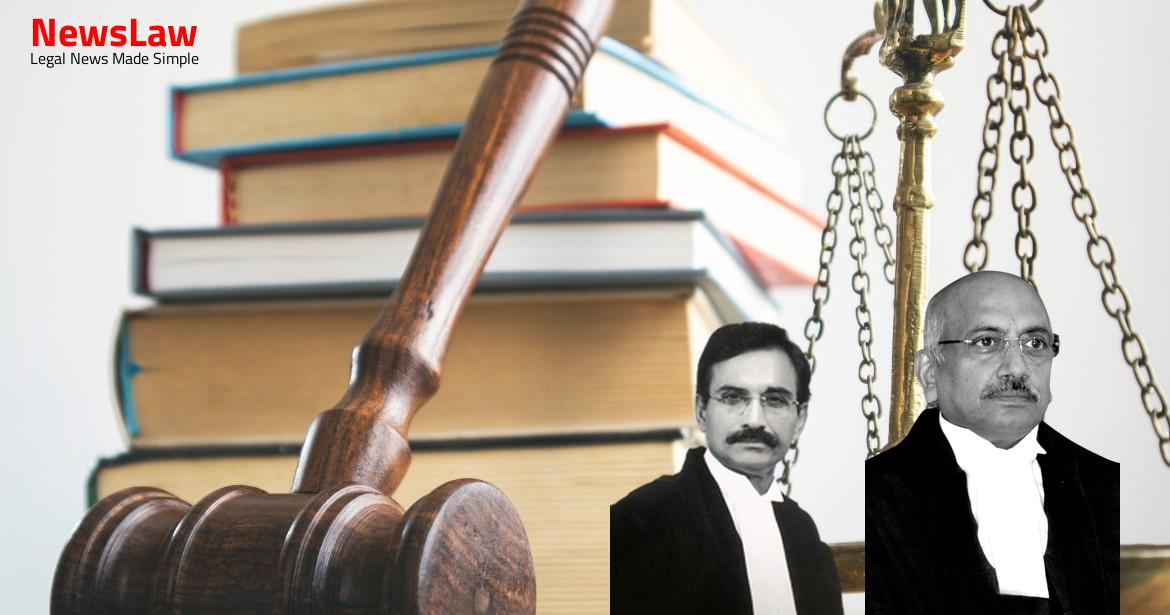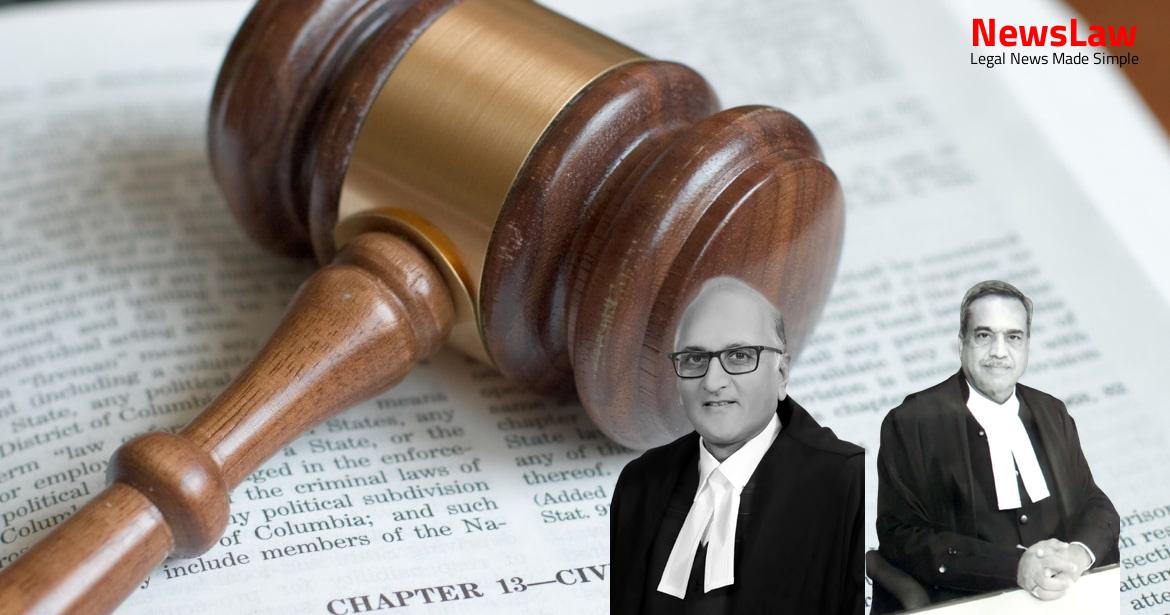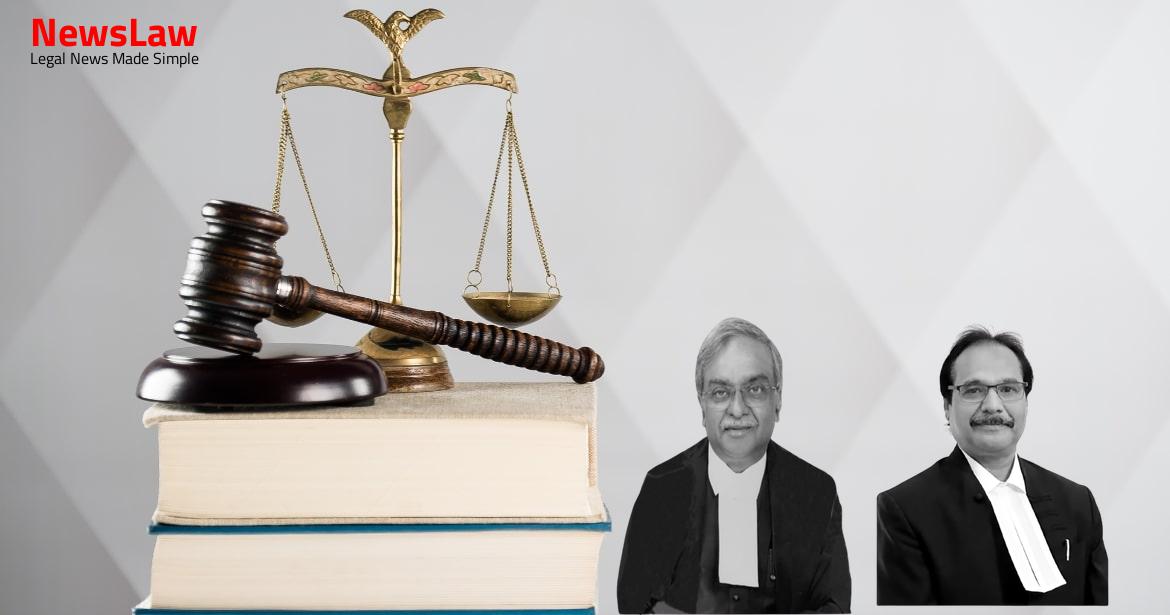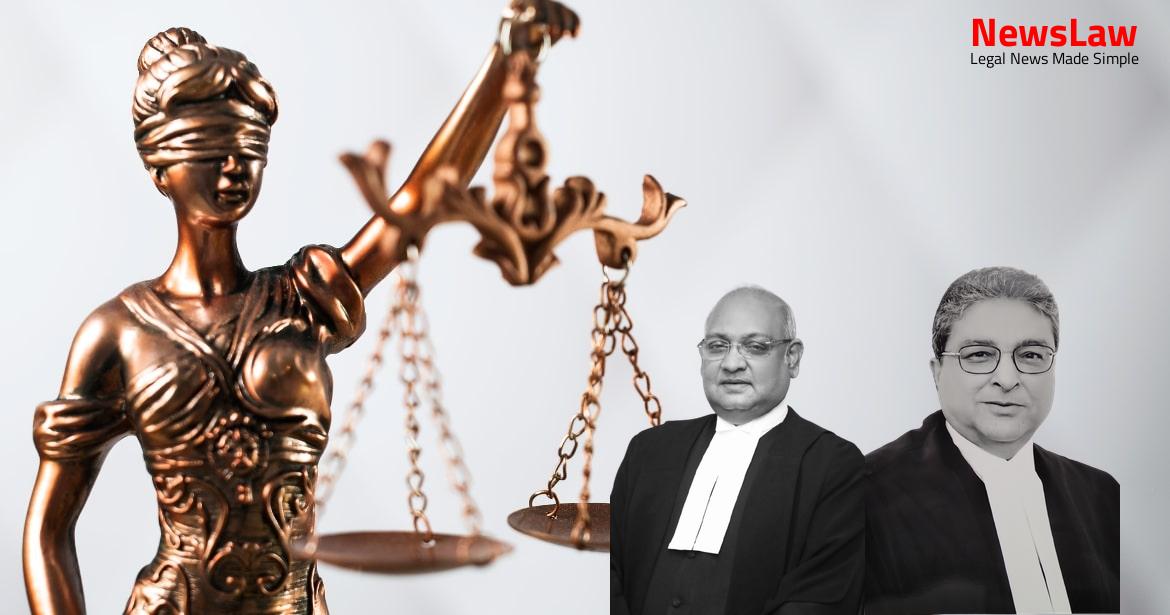The case of Laxman & Sons vs. Kalindi involves a complex dispute over inheritance rights under the Hindu Succession Act. Laxman’s sons, Gangadhar, Dattatraya, and Manohar, born before his adoption by Saraswati, faced a challenge from Kalindi, the daughter born after adoption. The High Court’s ruling granted all children equal entitlement to inherit, based on the Act. Learn more about this significant legal battle.
Facts
- Laxman, who was adopted by Saraswati in 1935, had three sons born before the adoption: Gangadhar, Dattatraya, and Manohar.
- Kalindi, the daughter born to Laxman and Padmavati after the adoption, claimed that the sons born before adoption have no right to inherit Laxman’s property.
- Padmavati, Laxman’s wife, left a registered Will in 1987 bequeathing her share to her three sons born before the adoption.
- After Saraswati’s death, Laxman inherited her property, which is now the subject of the current dispute.
- The High Court decided a writ petition challenging the exclusion of Laxman’s sons from the property, ruling that they are entitled to inherit along with Kalindi, the daughter born after adoption.
- Manohar filed a writ petition against this ruling, and Dattatraya filed a suit for partition and possession against Kalindi.
- Pandurang, Laxman’s natural father, excluded Laxman from any share in the joint family property due to his adoption.
- Laxman passed away in 1987, and his daughter Kalindi applied for a change in village revenue records to include herself and her mother Padmavati as owners.
- The matters were taken up for hearing together.
- The learned Single Bench cited Section 8 of the Hindu Succession Act, 1956.
- It was held that the son born before adoption has the entitlement to succeed to the property of their father.
Also Read: Interpretation of Mandatory Statutory Time Limits
Arguments
- Mr. Venkataramani, senior counsel for the appellants, argued that children born to an adoptee before adoption will not be entitled to inherit property in the adopted family as per Hindu law.
- The appellants relied on the interpretation of Hindu Law in the case of Kalgavda Tavanappa Patil to support their argument.
- The Full Bench of Bombay High Court in Martand Jiwajee Patil v. Narayan Krishna Gumast-Patil & Anr. referenced the Kalgavda Tavanappa Patil judgment in a case regarding an adoptee’s right to give his son in adoption.
- The Court held that the paternity of the father remains intact even if he leaves the family, citing Hindu Shastras as stating ‘By no means can you make your father cease to be.’
Also Read: Challenging Legal Analysis in Acquittal Reversal
Analysis
- An adopted child is considered a child of the adoptive parents for all purposes from the date of adoption.
- Severance of ties in the family of birth means the adoptee loses rights to inheritance from their natural parents or relatives.
- All children of Laxman are entitled to inherit the property of their natural parents as succession opened after the deaths of Laxman and his wife.
- The succession is to be in accordance with the Act and not Hindu law since succession opened after Laxman’s death in 1987.
- No distinction is made between sons born before or after the father’s adoption in the Act, allowing natural born sons to inherit from their natural fathers.
- The High Court rightly upheld the rights of Laxman’s sons as there is no provision barring natural born sons from inheriting.
- The Schedule to the Act designates sons and daughters of deceased Hindu males as Class I heirs, related by full blood.
- The succession for the sons and daughter of Laxman will be governed solely by the provisions of the Act.
- The Act overrides all text, rule, or interpretation of Hindu law or any custom or usage as part of that law in force immediately before the commencement of the Act.
- Section 4 of the Act explicitly states the extent of override.
- Any custom or usage as part of Hindu law will cease to have effect after the enforcement of Hindu Succession Act with respect to any matter provided in the Act.
- The Act is applicable on the date when succession opens.
- Children born prior to the adoption of Shivappa would be entitled to inherit the property on the death of Gouravva after the Act came into force.
- The Act brought significant changes in inheritance and succession among Hindus.
- A Hindu female’s property, no matter how acquired, would be her absolute property under the Act.
- The Act overrides any text, rule, interpretation, or custom of Hindu law in force before its commencement unless expressly provided otherwise.
- The legitimate children born before adoption are not excluded from the category of the adoptive mother’s children.
- In cases of adoption of married persons before the Act, the natural father retains the right to give his son in adoption.
Also Read: Appellant v. High Court of Rajasthan: Clarification on Export Incentives Scheme
Case Title: KALINDI DAMODAR GARDE(D) BY LRS. Vs. MANOHAR LAXMAN KULKARNI AND ORS. (2020 INSC 144)
Case Number: C.A. No.-006642-006643 / 2010



